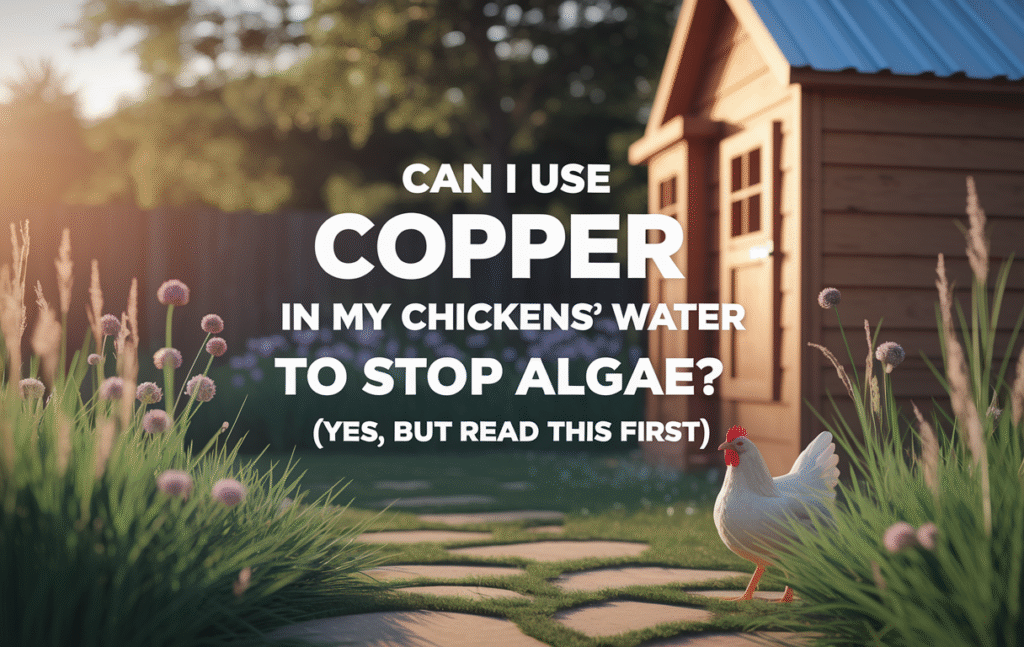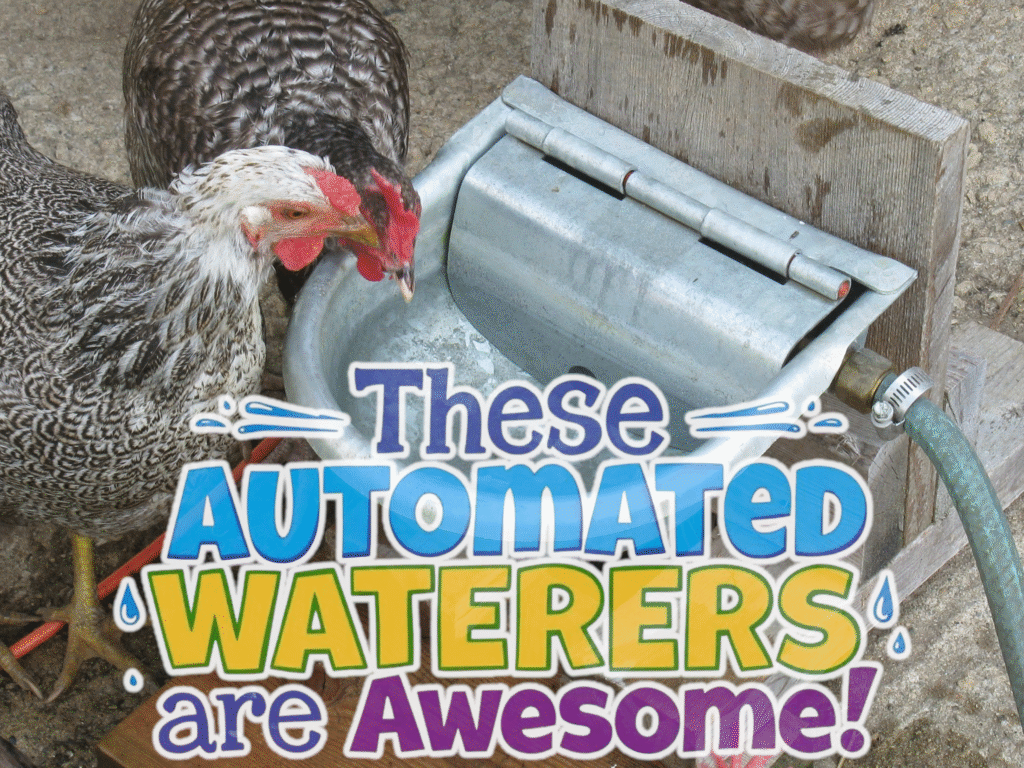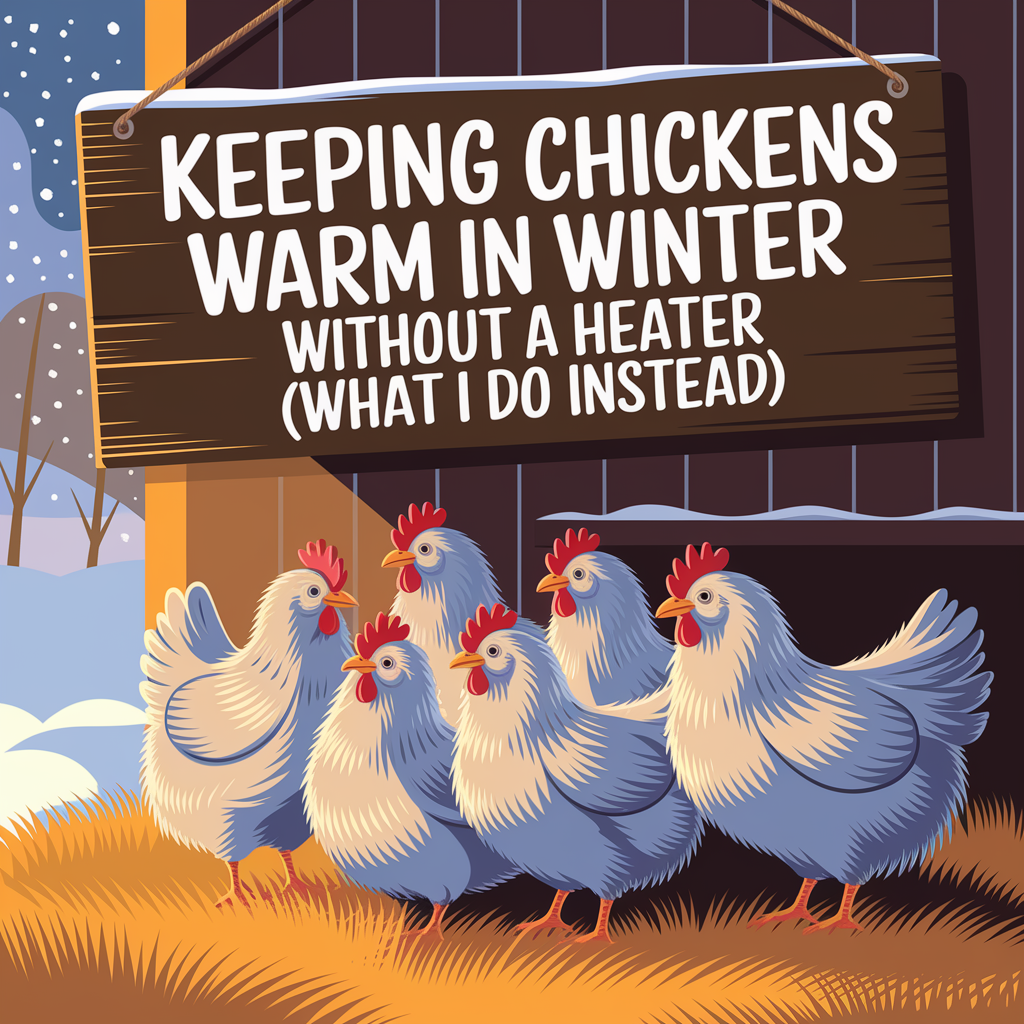
Do Chickens Need Heat in Winter? What I Learned the Hard Way
When I got my first small flock of chickens, I panicked the first time it dipped below freezing. I ran out, grabbed a heat lamp, and started Googling “do chickens need heat in winter” like my birds’ lives depended on it. Turns out, I was the one overheating — not the hens.
Chickens are tougher than most folks give them credit for. These birds don’t need a space heater in their coop — they just need smart winter prep. Over the years, I’ve learned that while chickens rarely need extra heat, there are a few non-negotiables when it comes to keeping them healthy in freezing temps.
And spoiler alert: heating their water, not their coop, should be your top priority. That’s why I now use this heated bowl that keeps my chickens’ water from freezing solid — because no water means no eggs and one grumpy flock.
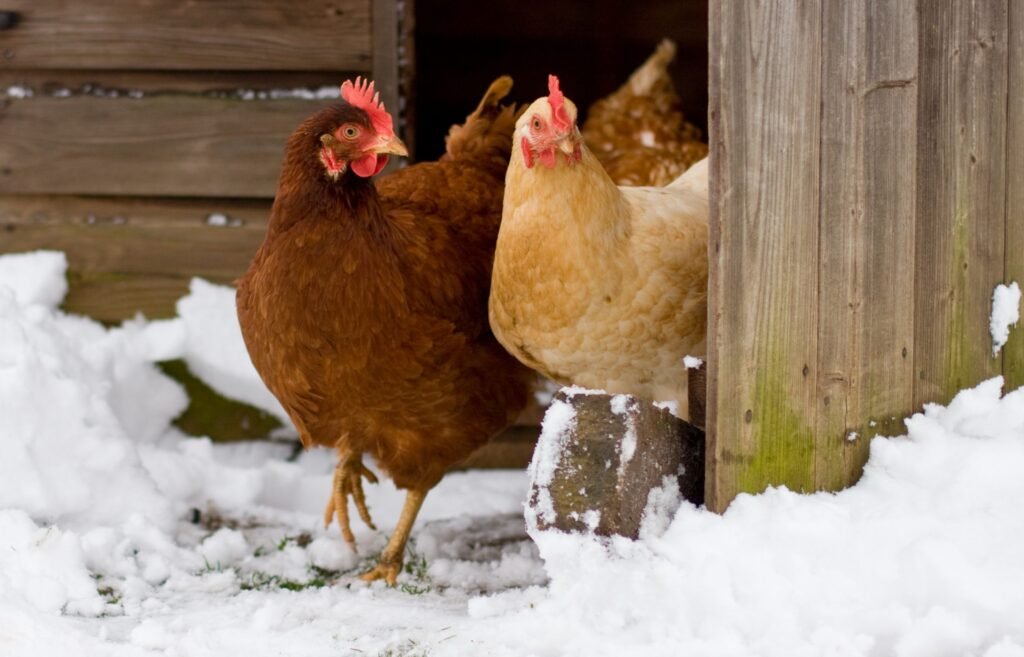
Chickens Are Built for Cold — Here’s Why
If you’ve ever watched chickens in winter, they’re actually kind of impressive. They puff up like little feather balls, huddle together on the roost, and somehow stay warm even when it’s well below freezing outside. Their feathers are like built-in down jackets, and their metabolism works overtime to generate heat as they eat and move around.
What matters more than heating the coop is making sure it’s draft-free, dry, and ventilated. Humidity and ammonia buildup from droppings are far more dangerous than a cold breeze. In fact, too much warmth in a poorly ventilated coop can cause frostbite faster than dry, cold air.
Also, don’t forget — winter can affect more than just comfort. If your hens aren’t laying like they used to, it might not be the cold. It could be a combo of shorter daylight hours and diet. I went into that more in this guide on what to do if your chickens stop laying eggs.
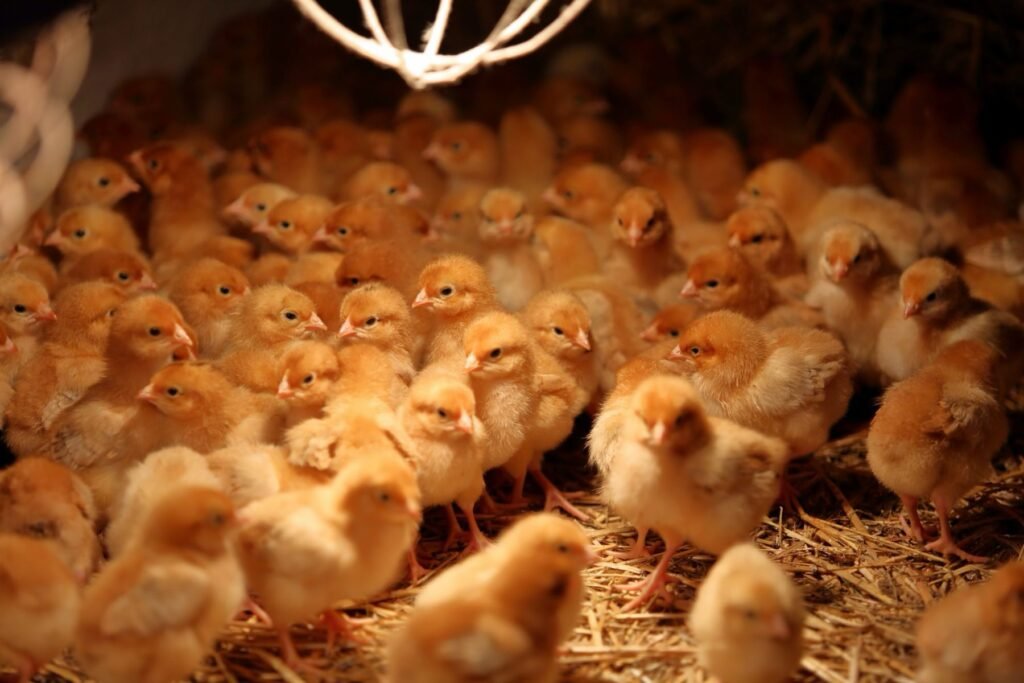
When Chickens Might Need Heat (But Probably Don’t)
There are only a few times when I’d say it makes sense to give chickens a little extra warmth — and even then, it needs to be done carefully. If your flock is full of young chicks that haven’t fully feathered, they’ll absolutely need supplemental heat until they’re old enough to regulate their body temperature. But they shouldn’t even be out in a winter coop at that stage anyway.
Another case is if you’ve got older hens or sick birds who are already struggling. I’ve had one older gal that looked rough during a brutally cold stretch — so I brought her into a garage setup until she bounced back. Not ideal, but sometimes you do what you gotta do.
As for the rest of the flock? They’re just fine. No heating pads. No lamps. Just smart winter prep and good nutrition. Save the worry (and electric bill).

Why Heat Lamps Usually Do More Harm Than Good
It’s tempting — I get it. When the wind chill hits single digits, the idea of tossing a heat lamp into the coop feels like love. But here’s the truth: heat lamps are one of the biggest fire hazards in backyard chicken keeping. I’ve heard enough horror stories to keep mine far from any coop.
Even if the heat lamp doesn’t cause a fire, it can still mess with your flock. It creates a warm zone the chickens rely on, and when the power cuts or temps suddenly drop, they haven’t built up the natural tolerance they need to stay safe. It’s like tossing them into the cold with no coat after spending all week in a heated room.
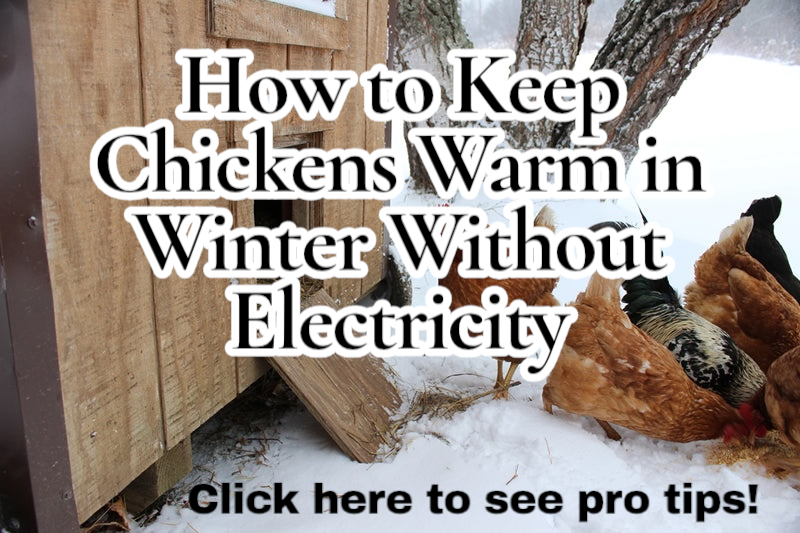
Your chickens are better off adjusting to the seasonal shift. Give them dry bedding, block wind drafts, and make sure their water never freezes. That’s the real lifesaver. I’ve been using this heated bowl that solves my frozen water problems for good and it’s made a huge difference during Missouri’s cold snaps.
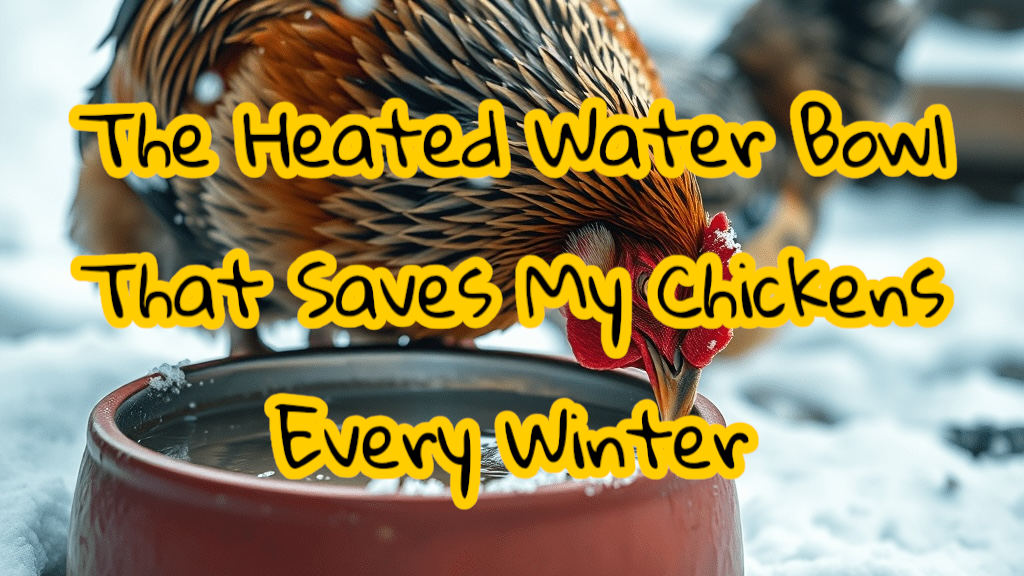
What Chickens Actually Need in Winter
Forget heating the coop — focus on making your chickens comfortable, not toasty. After several winters of trial and error, here’s what I’ve learned your flock really needs when temperatures dip:
- Ventilation without drafts – Yes, chickens need airflow, even in winter. You want moisture and ammonia to escape but not icy wind blowing right on the roost.
- Dry bedding – I’m a fan of deep litter using pine shavings. It insulates the floor and helps keep feet warm.
- A place to roost – Roosting gets them off the cold ground and lets them huddle for warmth. No heat required.
- Plenty of calories – I give extra scratch grains late in the day to help generate heat overnight. It works.
- Unfrozen water – A big one. Chickens can’t eat enough snow to stay hydrated. That’s why I rely on this heated water bowl to do the job for me.
Want a quick refresher on how diet changes can help in winter too? This guide on feeding mealworms to chickens goes over high-protein treats that support egg laying and warmth.
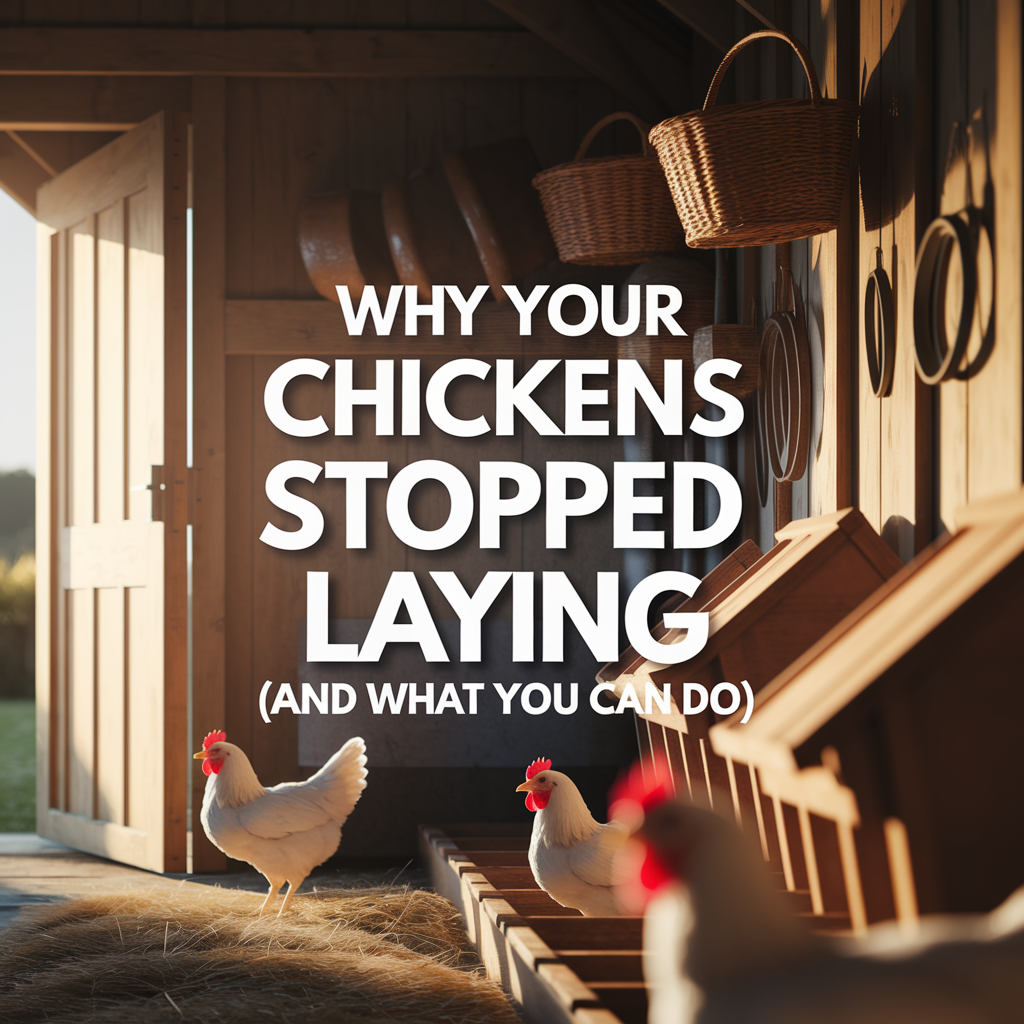
Can Chickens Freeze to Death? (It’s Rare… But Possible)
It’s not something most chicken keepers like to talk about, but yeah — in extreme conditions, it can happen. I’ve never had it happen personally, but I’ve seen stories in some of the forums. It usually happens when there’s a mix of wet feathers, wind exposure, and no shelter — not just cold temps.
Frostbite is more common, especially on combs and wattles. Roosters are more at risk because of their big combs. If I know a polar vortex is heading in, I’ll slather on a little petroleum jelly as a barrier. But mostly, I make sure their coop is dry, their water’s flowing thanks to my heated bowl setup, and they’ve got plenty to eat.
The key takeaway? Chickens don’t need pampering. They need protection from moisture, wind, and dehydration — not a space heater.

Winter Checklist for a Healthy, Heat-Free Flock
If you’re still wondering whether or not to run an extension cord to the coop, here’s a quick checklist I follow every winter. It keeps my birds healthy without turning the chicken coop into a sauna:
- ✅ Well-ventilated but draft-free coop
- ✅ Plenty of clean, dry bedding
- ✅ Strong, off-the-ground roosts
- ✅ Extra calories (scratch grains, mealworms)
- ✅ Unfrozen water source – like this heated bowl I swear by
- ✅ Petroleum jelly for big combs on extra cold nights
- ✅ Observe your flock daily — they’ll tell you if something’s off
Bonus tip: If your egg count drops off during the cold months, it’s usually more about daylight than temperature. Here’s a full breakdown on why chickens stop laying eggs in winter and how to help them bounce back.
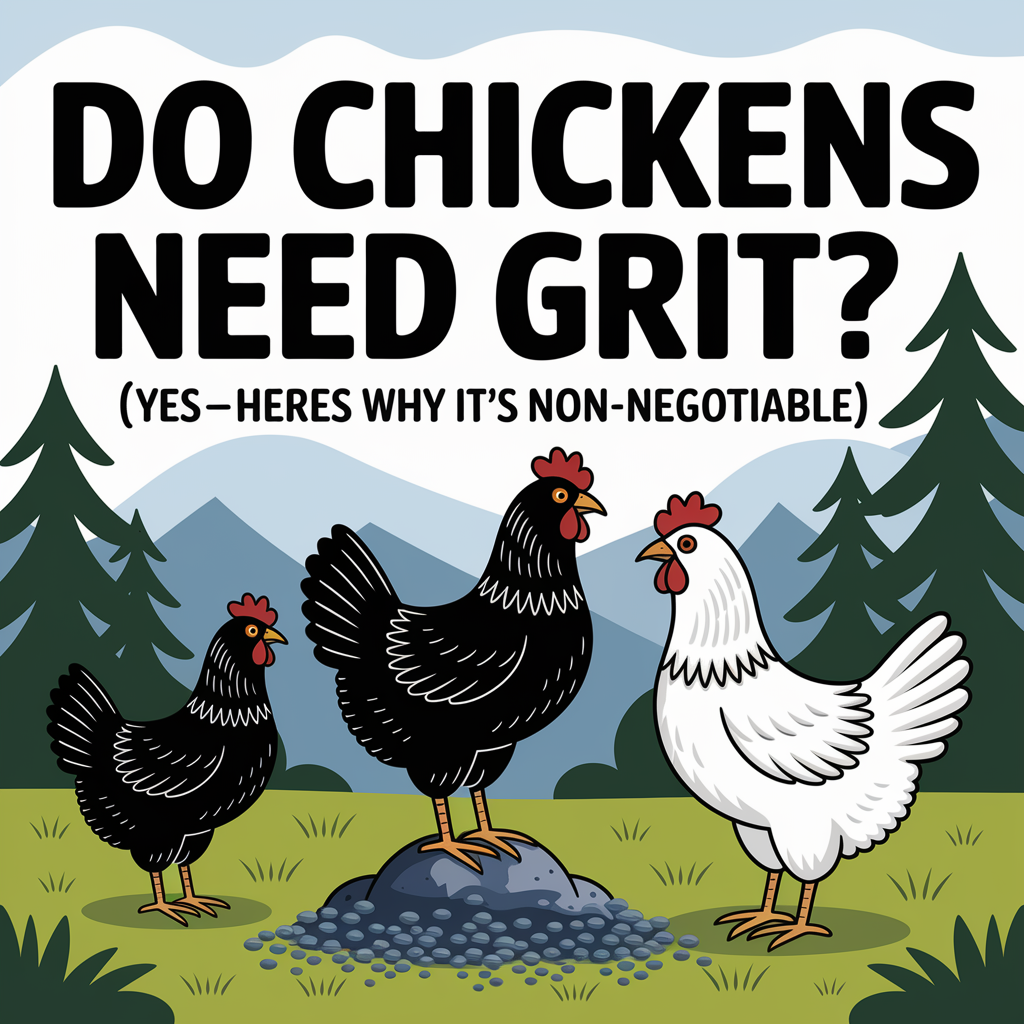
Remember To Trust the Chicken, Not the Thermometer
So, do chickens need heat in winter? Honestly — not unless something’s gone very wrong. Healthy hens in a proper setup don’t just survive the cold… they strut right through it.
What they do need is clean water, good ventilation, and your watchful eye. I learned early on that the best winter tool in my coop wasn’t a heater — it was a simple, safe heated waterer that kept hydration flowing no matter how icy it got.
Keep it simple. Keep it safe. And trust those tough little birds more than you trust the weather app.

As an Amazon Associate we earn from qualifying purchases through some links in our articles.

